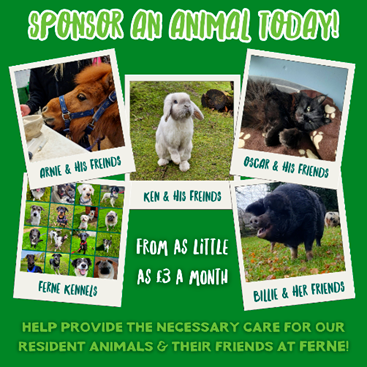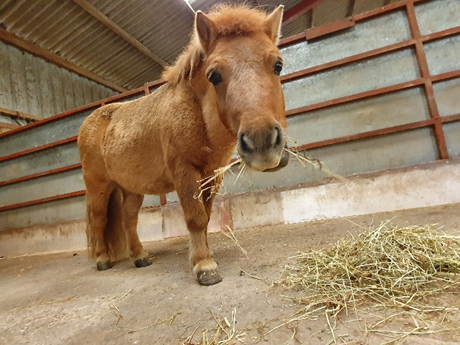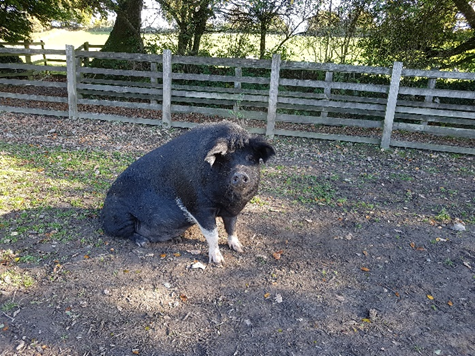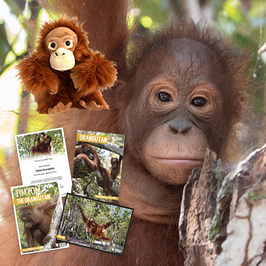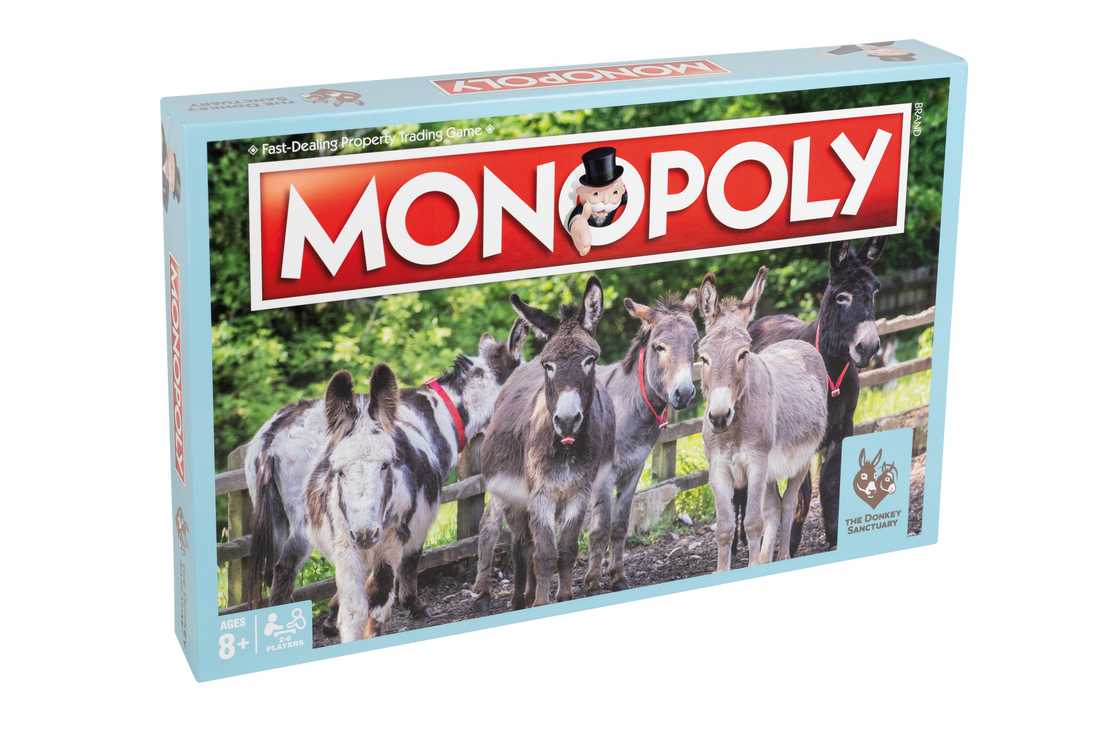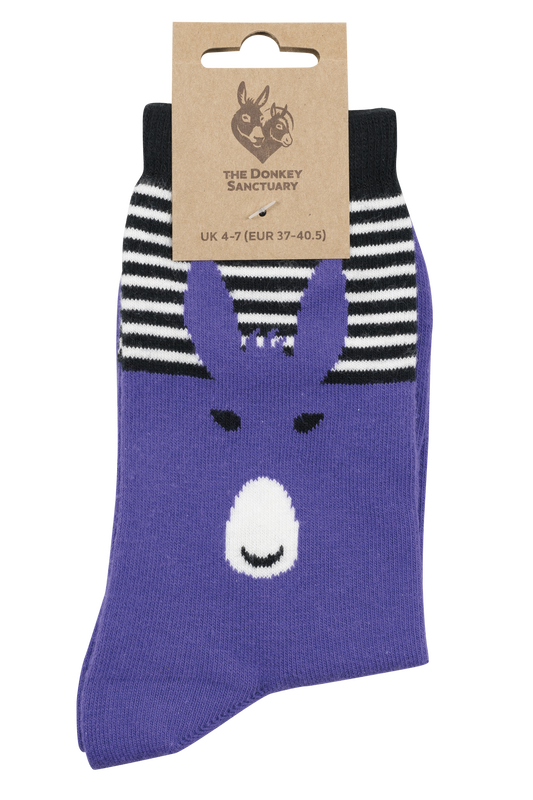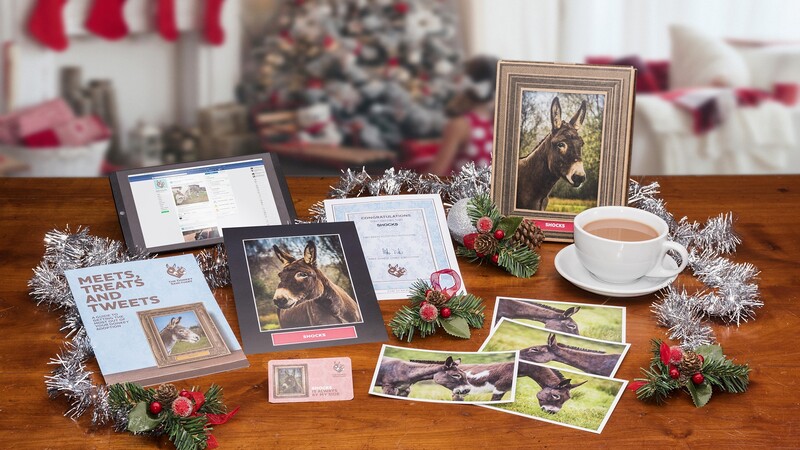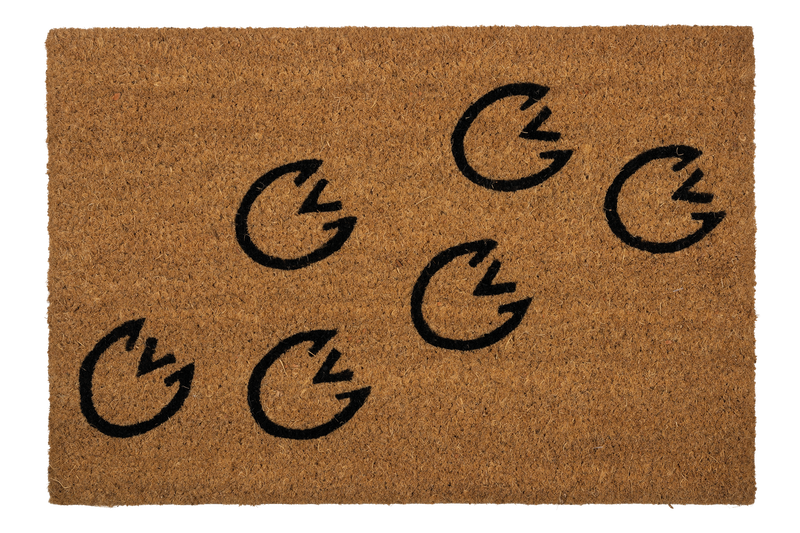|
Sponsor a resident at Ferne Animal Sanctuary to give animals in need a better tomorrow Ferne Animal Sanctuary have relaunched their sponsorship packs to raise lifesaving funds towards the care of unwanted or abandoned animals. Sponsorship starts at £3 a month and makes a big impact at the sanctuary, who work to rescue, rehabilitate and rehome farm and domestic animals. With over 300 resident animals alongside many others who are patiently waiting for their forever homes, the small donation provides a lifeline to animals in need. In each pack, sponsors receive a day pass to Ferne Animal Sanctuary, to experience the stunning 72-acre site. Sponsors also receive a personalised certificate, their animal’s story and photograph, information about the animal’s life at Ferne and its resident friends, as well as seasonal postcards and a bookmark. Sponsors can sign up to receive updates on the animals, hear about their chosen animal throughout the year and come and meet them one-on-one as an optional extra. Every purchase ensures that animals in need can find safety, love and kindness at Ferne Animal Sanctuary. From those who have had a traumatic past, to those who have simply lost their home, each sponsorship is a gift to help provide animals with a second chance at a better life. There are five sponsorship options – Billie the pig, Arnie the pony, Ken the rabbit, Oscar the cat, or one of the kennels at Ferne, to give a rescue dog somewhere cosy to stay while they wait for their new home. Find out more at www.ferneanimalsanctuary.org/sponsor-an-animal/
0 Comments
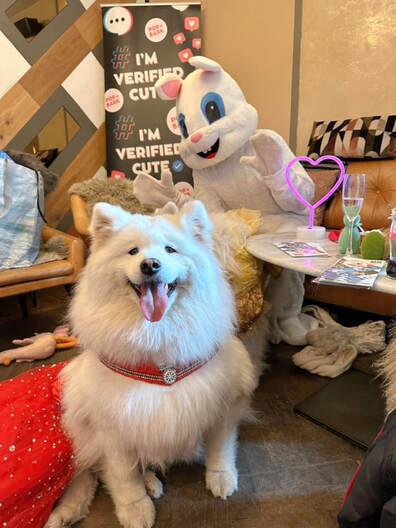 Felicity, a beautiful Samoyed who was rescued from the brutal dog meat trade in China by London Charity NoToDogMeat, enjoys a day out with her Campaign buddy Samoyed Angel at Pop and Bark Cafe, St Paul's, an exclusive Easter party for this breed. Felicity will joined later by two other charity rescues, Stephan and Delphi, who have also been rescued from this brutal trade of dogs for food. CEO Julia de Cadenet said, " After such a hard beginning, it's great to see the dogs in loving homes and having some fun. They loved the attention and it also brings awareness to our campaign.We hope to find homes for our other rescues in China who are waiting patiently” To find out more about the campaign and charity, please visit www.notodogmeat.com. 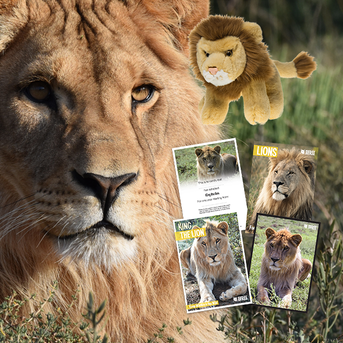 A Born Free adoption is the gift that gives twice. From King the lion to the Brown Bear Orphans, there are 19 fabulous adoptions to choose from. All are real animals, either living in the wild and protected by Born Free's conservation projects or receiving expert lifetime care in the charity's sanctuaries. Besides adopting an animal, you can buy your Christmas gifts here too. A varying percentage of profits from sales, depending on product, go directly to Born Free, the international wildlife charity founded in 1984 by actors Bill Travers MBE and Virginia McKenna OBE. Adoption packs last one year. The recipient receives a gift pack, soft toy and a bi annual copy of Born Free’s Adopt magazine.
Donkey Sanctuary Monopoly Game - Hot property! One of the most popular board games of all time given a Donkey Sanctuary makeover. (£29.95) Donkey Design Socks - Everybody loves socks for Christmas and The Donkey Sanctuary has a pair to suit everyone! Show off your love for donkeys with these fun ankle-length socks available in various colours, sizes and styles. (from £4.75) Sails and Canvas shopper bag with donkey ears logo This shopping bag was once part of the sail on a boat. It now has a new job as your next bag for life. (£48) Stainless Steel Insulated Drinks Bottle with Donkey ears design. (£19.95) Watercolour ceramic mug Brighten up your beverage with this marvellous mug. Features delightful donkeys and dragonflies design. (£6.75) Donkey and Bird pack of 10 Christmas cards by James Green. Gorgeous woodcut-style picture featuring a donkey and strikingly scarlet robin in a wintry wood. (£3.95) Donkey Hoof Print Coir Door Mat (£15.95) Collapsible Dog Bowl in The Donkey Sanctuary’s colours of blue and brown (£12.95) Dougal The Doorstop Dougal will prop things open nicely, while looking utterly a-door-able.(£14.95) Watercolour Recycled Packable Shopping Bag with donkey design. (£5.95) Delightful Donkey design hanging basket bracket. Strong and attractive basket bracket. Something to add a bit of metallic magic to your garden. (£22.95) Key Rack with Donkey Design. (£10.95) Adopt a Donkey as a unique gift for £3 per month and your loved one will receive two portraits of their donkey, four beautiful postcards, adoption certificate, keepsake membership card and updates throughout the year. Most importantly, it helps The Donkey Sanctuary’s work in the UK and across the world.
See website for more details: https://www.thedonkeysanctuary.org.uk/shop Dogs Trust asks the nation: is now really the right time for you to get a dog? Charity concerned about impending puppy crisis as online searches to ‘get a puppy’ rise by 120% 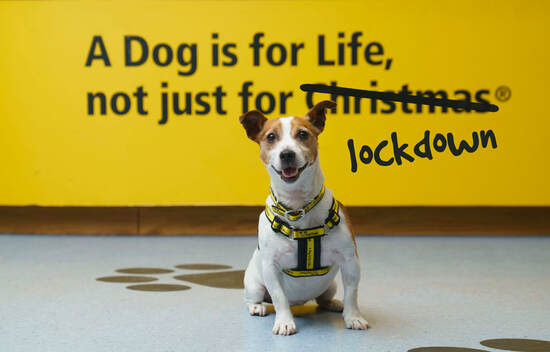 DogsTrust is asking the public to weigh up if they are actually ready for the realities of dog ownership before taking the leap, as searches to get a dog have shot up in the past month while the country is on lockdown. image (c) The Dogs Trust The charity is concerned there may be a spike in people giving up their dog when normality resumes and reality sinks in. This is the sad state of affairs that often follows Christmas when people also get dogs on a whim. Dog ownership can be rewarding, but caring for a dog when you are at home 24/7 is not the norm, so the charity is temporarily tweaking its famous slogan to ‘A Dog Is For Life, Not Just For Lockdown’ to get everyone to think twice before going ahead with a puppy purchase. In the long-term, are you ready…
Dogs Trust’s Chief Executive, Owen Sharp, said:
“Dog ownership can be so rewarding, but it’s also a huge responsibility which is why we are reminding people today that ‘A Dog Is For Life, Not Just For Lockdown’. Like Christmas, when people are at home more, they might think now is the perfect time to get a dog. For some people this will be the case, but we’re asking people to consider when the lockdown lifts how your life will need to change to accommodate your four-legged friend. We’re encouraging potential dog owners to carry out our test (see below) to find out if you’re Dog Ready. Are you ready to be chief pooper scooper? Are you ready to forego a lie in ever again? As well as more serious questions around vet treatment and preparing for emergencies. If there is still a dog- shaped space in your life, then it may be the right time for you.” Graham Norton, owner of Labradoodle Bailey, TV presenter and Dogs Trust supporter said: “As a dog owner myself, I know how much joy four-legged friends bring to our lives. I’ve certainly found that my gorgeous dog, Bailey, has taken the boredom out of lockdown for me, and I’ve really enjoyed spending even more time with him than usual. However, whilst the thought of introducing a cute, fluffy pooch to your family right now might be appealing, I fully support Dogs Trust’s important message, ‘A Dog Is For Life, Not Just For Lockdown’. Don’t forget that you still have to walk a dog on a rainy evening and pick up their poo in the dark! Please remember that life will go back to ‘normal’ at some point with people returning to work and school, and when this happens you need to think about whether you can still fit a dog into your life. Taking a look at Dogs Trust’s ‘are you dog ready’ test is a great place to start if you’re thinking seriously about getting a dog.” Dogs Trust are asking people to take the test and see how ‘dog-ready’ they actually are. If you think you are ready for a dog, although centres are closed to the public, rehoming is happening on a limited basis. Please see website for details. Take the fun test here. |
AuthorI'm Gilly, award winning journalist, travel writer, 13 x author. Credits include: Telegraph, Mail, CNN, Express, BBC mags, Country & Town House, The Scotsman, World of Cruising & countless others Categories
All
|

